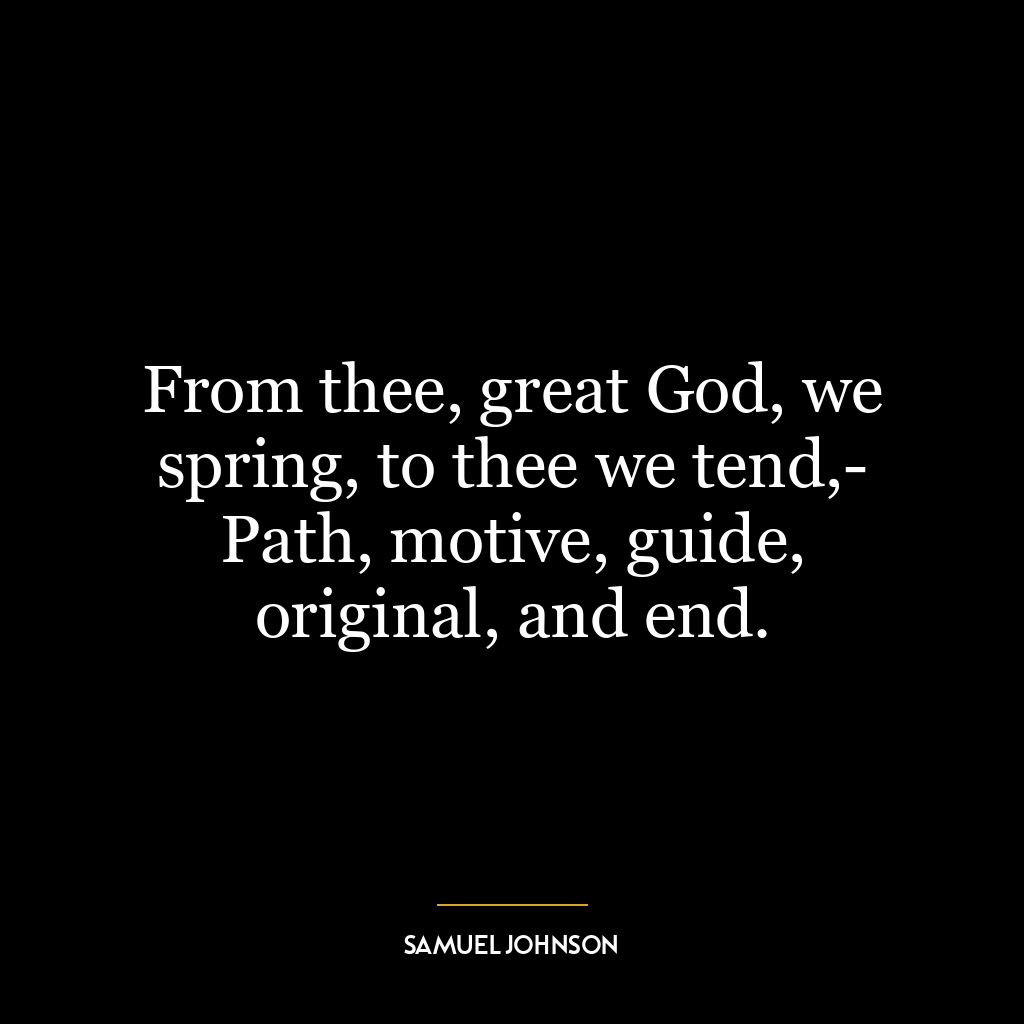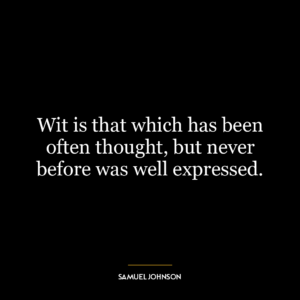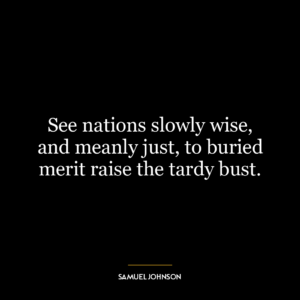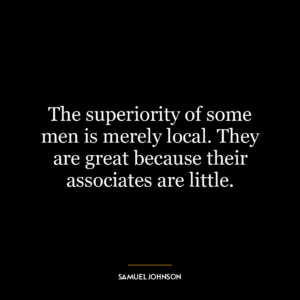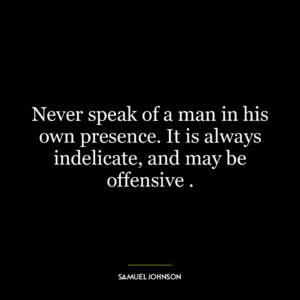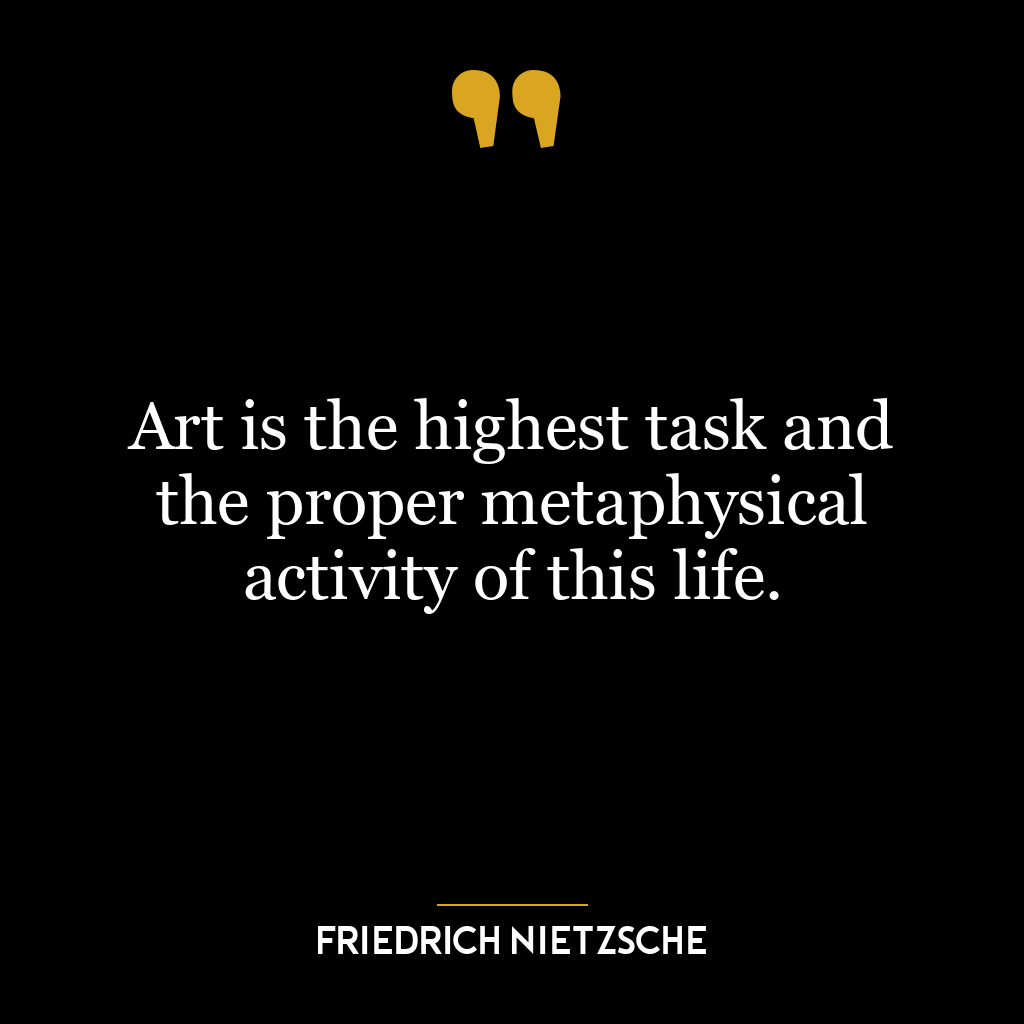This quote is a profound reflection on the relationship between mankind and God, or a higher power. It suggests that we are not only born from this divine entity (“from thee, great God, we spring”), but our ultimate destiny also lies with it (“to thee we tend”). In other words, our beginning and end are both with God.
Furthermore, the quote implies that God serves multiple roles in our lives. As a “path,” He provides us with direction; as a “motive,” He gives us reasons to act or behave in certain ways; as a “guide,” He helps us navigate through life’s challenges; and as an “original,” He is the source of all things.
Applying this idea to today’s world or personal development could mean acknowledging that there is some greater force guiding your life – whether you perceive it as fate, destiny or even self-determination. This belief can provide comfort during tough times by reminding you that there’s an overarching plan for your life.
In terms of personal development, recognizing this ‘higher power’ could help cultivate humility and gratitude. It may encourage individuals to strive for their best while also accepting what they cannot control. Furthermore, seeing God (or another entity) as your guide might promote introspection and spiritual growth – by seeking guidance through prayer or meditation for instance.
The notion of having an ‘original’ source may also inspire people to reconnect with their roots – be it family history, cultural heritage or even primal human instincts – in order to better understand themselves.
Ultimately though how one interprets this quote depends largely on individual beliefs about divinity and purpose in life.

